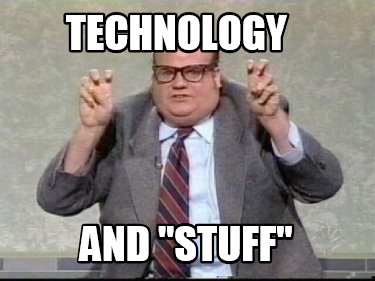A few decades ago, accounting was very different. Late-twentieth century accounting was slower and more tedious – especially before the internet went public in the 90’s. It was calculators, journal ledgers, and tons of numbers being entered manually.
The accounting industry has changed dramatically in the past three decades, for the better! Don’t miss out on services and support a great accountant or accounting firm can provide. Today I’m sharing tips to get the most from your accountant.
A good foundation
Whether you’ve had your accountant for days or years, ask them about additional services they offer.
Are you getting enough out of your profit and loss statement (P&L) or balance sheet every month? Is there information you can’t find? Go ahead and ask your questions or see if your accountant can customize the reports to meet your needs.
Ask for your accountant’s opinion or analysis of your basic financial statements. Do they see areas you could potentially improve? Many accountants would love to put extra effort into helping their clients’ businesses with sound analysis and advice.
Bookkeeping is an extremely important, yet often overlooked, aspect for many new business owners. The numbers are talking to you. If you can’t hear what the financials are saying, make sure your accountant can translate the financials for you.
“Accounting is the language of business.”
-Warren Buffet
Freedom via technology
Many accounting firms have gone remote and can provide services from anywhere. This dramatically increases the possibilities for your business. You don’t have to settle for an accountant only providing basic financial reports because they’re the only one in town.
Accounting software systems have improved exponentially over the past several years. The automation of many processes frees up accountants to focus on analyzing your company’s financials, instead of time-consuming tasks like data entry.
Most accounting software systems now have the ability to sync to a plethora of additional add-ons and services to help bridge your current systems. Use Shopify? Payroll? A bill payment system? These can all synchronize efficiently and help keep your numbers nice and organized. See what software stacks your accountant uses and if they have other options they can customize for you.

Specifics to consider
Budget & review
Do you have a budget? Do you compare your actual numbers to your budget as a benchmark to see how your business is performing month in and month out? If not, ask your accountant to help you set one up.
Many people view budgets as restrictive, for both their personal and business finances. Budgets do take work, and have to be adjusted when something unexpected comes up (and it will). But, creating and continually focusing on a budget is key to reaching your financial goals.
“A budget is telling your money where to go, instead of wondering where it went.”
-John Maxwell
Industry insights
If your accountant has other clients in the same industry as you, ask if they have industry-specific metrics, case studies, or success stories to help your business perform better or simply give you ideas to consider.
Tax planning
You should absolutely be getting advice on how to help your business save on taxes long before your returns are due. Make sure this service is provided in your agreement with your accounting firm.
Don’t settle
Step back and take inventory of your relationship with your accountant. Are they actively working to help your business reach the next level?
If you’re determined to grow your business, find vendors and service providers that are eager to help you on the journey. It’s hard to do it alone. Ask for support.
If your current accountant isn’t helping you reach your goals, have a conversation with them. If they don’t seem to care, find someone who does. Don’t settle for the bare minimum.







